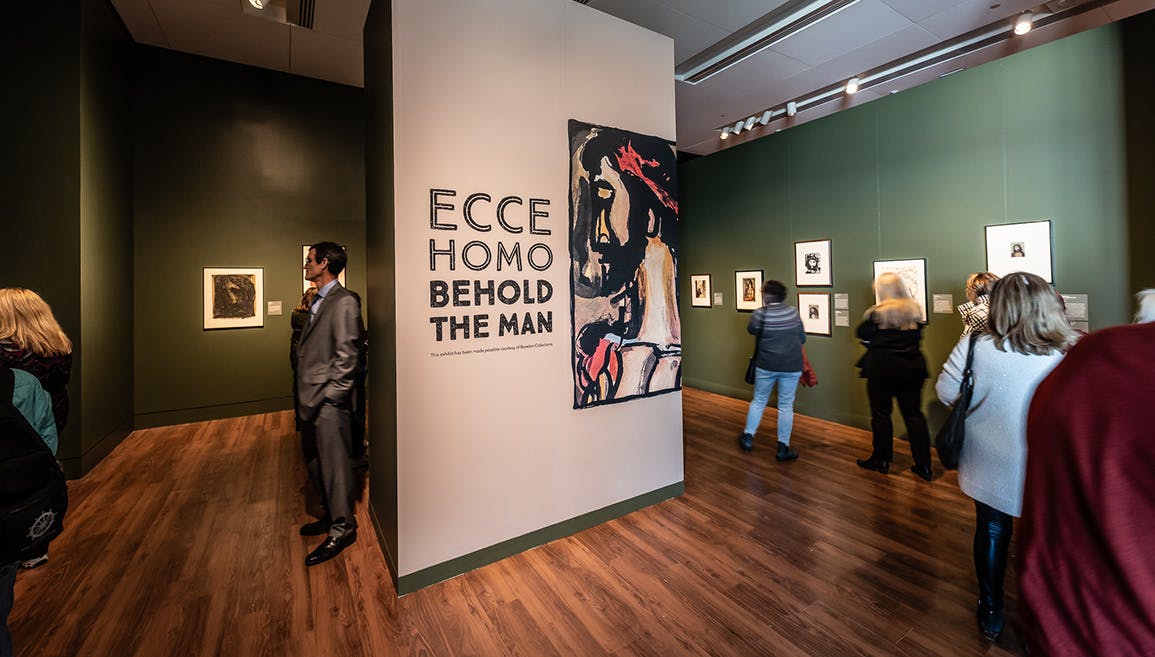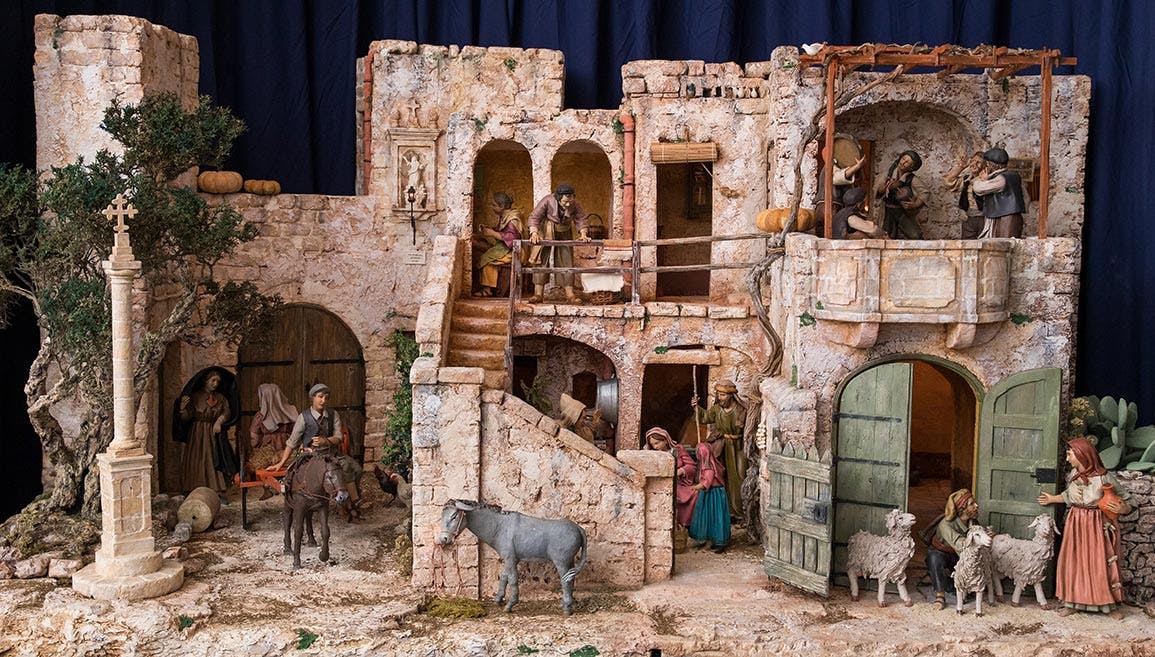"I Maintain My Joy": The Life and Ministry of Watchman Nee
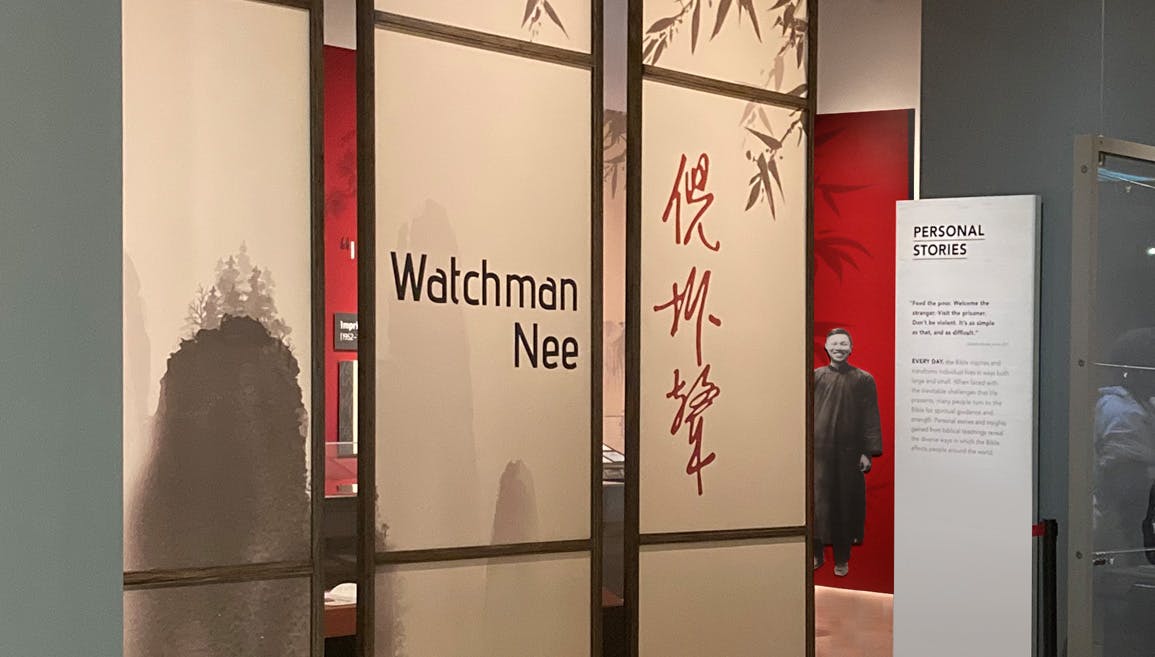
It was cold and windy that day in May 1972. The prisoners were inside avoiding the bitter weather. All except You Qi Wu. He stayed outside to help his friend Watchman Nee walk to the transport vehicle arriving to take him away. He didn’t understand why the guards were transferring his friend to a distant and remote labor camp. Nee had a heart condition and was not well suited to this long and difficult journey. You Qi tried to fight the decision, to keep Nee with him at Baimaoling where he could be protected, but he was ignored.
The transport vehicle rumbled up to the edge of the camp. It was large, built like a tractor with big wheels, able to traverse the rough, mountainous road between Baimaoling and Shan Xiao Po, where Nee was being transferred. The vehicle had no enclosure for protection against the elements, nor did it have any seats. Noticing this, You Qi quickly grabbed a small bamboo chair and placed it on the platform of the vehicle. He then took Nee’s blanket, folded it, and placed it on the chair to try to cushion the shock of the bumpy road. Then, holding Nee’s hand, You Qi helped him climb up to the platform and into the chair. In this moment of goodbye, Nee told You Qi, “When you get out of here, find Witness Lee. Tell him, I never gave up my belief. I never gave up my trust. I have faith in Jesus Christ.”
Two days later, You Qi heard his friend Watchman Nee had died.
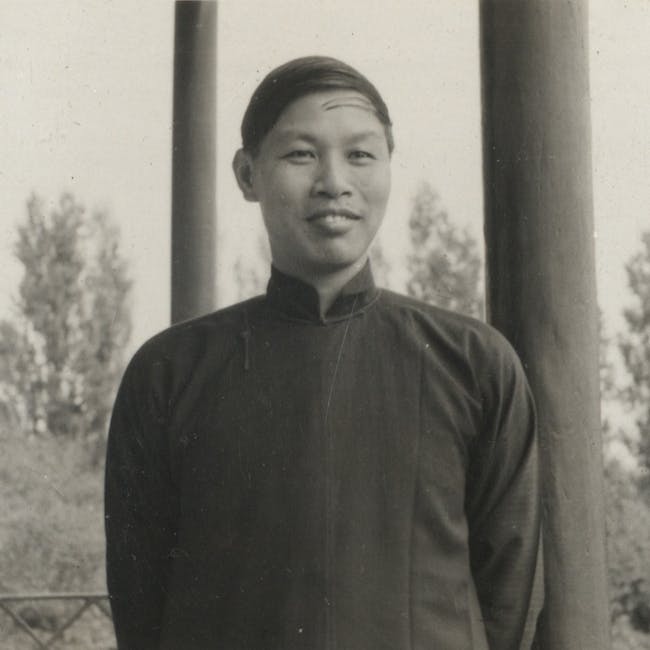
Figure 1: Watchman Nee, ca. 1933. Photo courtesy of the Kinnear family.
They had met nine years earlier in 1963. You Qi was a young teacher who expressed disapproval of the economic and political policies of the Chinese Communist Party. For this he was arrested as a reactionary, or counterrevolutionary, and sent to Tilanqiao prison in Shanghai. At 24, he found himself in a cell with Watchman Nee. You Qi discovered his cellmate, a fellow reactionary, was not only a true confidant and friend but a Christian minister and the founder of what would become the largest indigenous Christian church in China.
Watchman Nee’s ministry began in earnest in 1922 when he decided to break with the Methodist Church and pursue Christian fellowship without denominational barriers. He was an avid reader, studying theology, language, and of course, the Bible. He produced publications of his discoveries and opinions on matters of faith throughout his 30-year ministry. Along the way, word of his teaching spread in China, creating pockets of local assemblies who gathered to study the Bible together. This movement of local churches became known as the “Local Church” or “Little Flock” in the West and went on to spread around the globe.
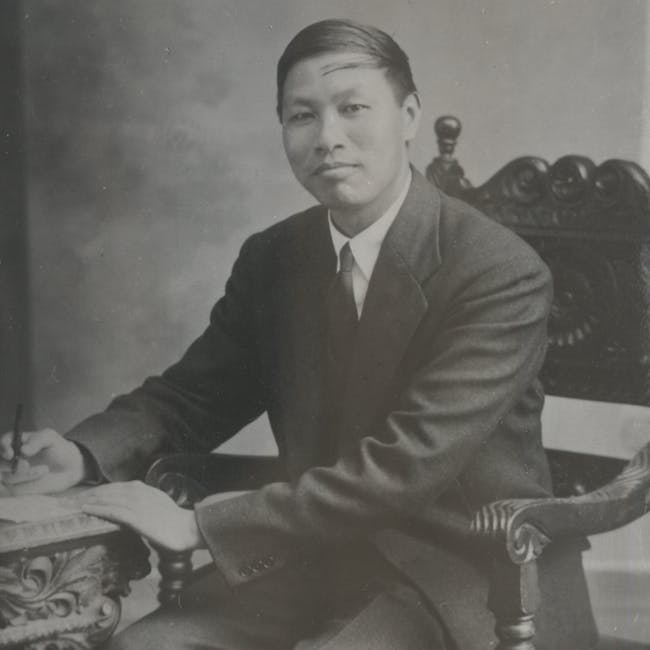
Figure 2: Studio portrait of Watchman Nee at the Keswick Convention by George D. Abraham of G. P. Abraham Ltd, Keswick, 1938. Photo courtesy of the Kinnear family.
In 1949, the Chinese Communist Party, led by Mao Zedong, won the civil war against the Nationalists and established the People’s Republic of China. This political shift made it difficult for Nee and his followers to continue their ministry. After the outbreak of the Korean War in 1950, Communist officials labeled Nee and many of his followers “reactionaries” who posed a threat to the new regime. Pressure to renounce their beliefs and practices increased, leading to the suffering and arrests of many in the Little Flock, including Nee, who was arrested in 1952.
He remained in prison and labor camps for the next 20 years, dying in 1972. Today, he is considered a martyr of the Christian faith.
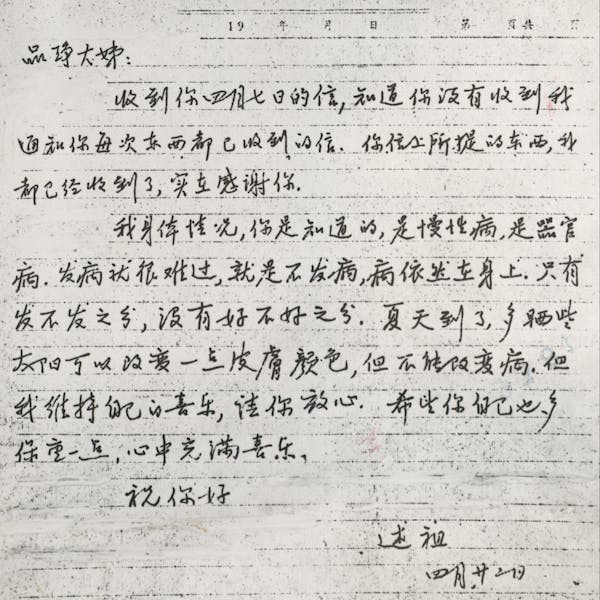
Figure 3: One of Nee’s final letters was written to his sister-in-law, just 38 days before his death. In it, Nee wrote that through all that he suffered, “I maintain my joy.”
Over the past year, I have had the privilege of researching the life and ministry of Watchman Nee. I met many of his followers, his family members, and his friend You Qi Wu. They shared their stories, their tears, and their possessions, all so we at Museum of the Bible could share them with you.
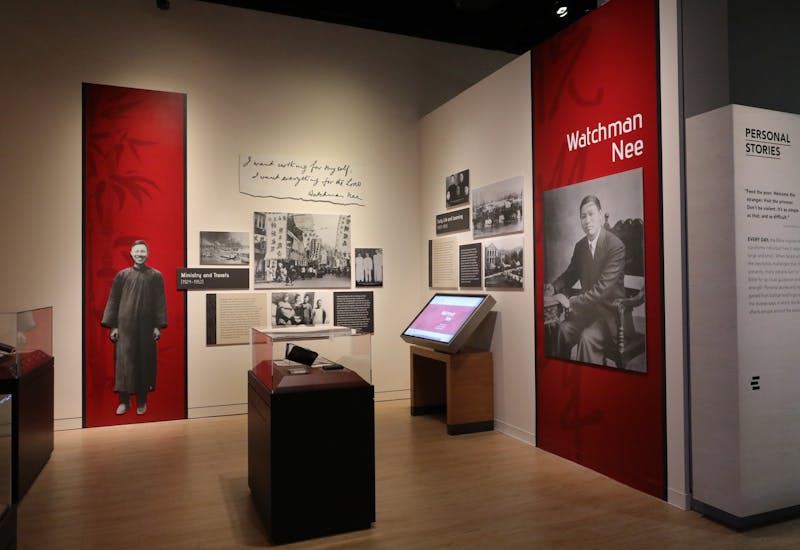
Figure 4: Image of part of the Watchman Nee exhibit in the "Personal Stories" area on the Impact of the Bible Floor.
One such possession, a Parker fountain pen, is of great importance. It is the last item Watchman Nee ever owned, given in secret to his friend and cellmate, You Qi Wu, who kept it hidden until his release from captivity in 1980. At the opening event for the exhibition, You Qi donated this item to the museum.
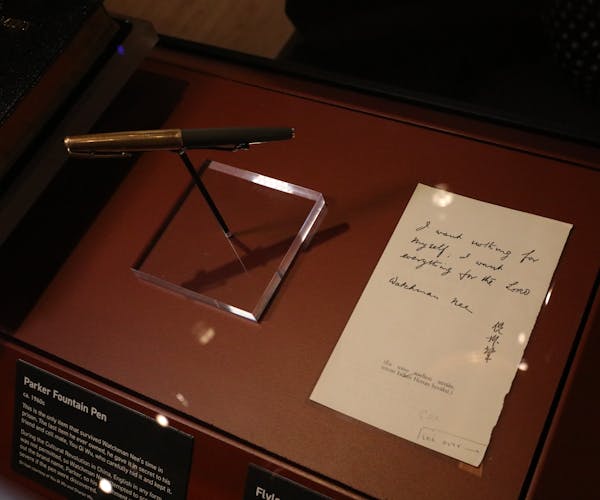
Figure 5: The Parker pen Nee gave to You Qi Wu while in prison and a note Nee wrote on a flyleaf from the Finnish publication Tuomittu Kosmos. During the Cultural Revolution in China, English in any form was not permitted, so Watchman Nee attempted to scratch out the brand name, Parker, so his punishment would be less severe if the pen were discovered.
These stories and objects, many never before exhibited to the public, are featured in our “Personal Stories” area on the Impact of the Bible Floor at the museum. These stories highlight people who have used the Bible to impact their community and the world. Watchman Nee certainly did. For You Qi Wu, after watching Nee refuse to renounce his faith in return for freedom, he decided he wanted faith like that, and from that day became a follower of Jesus. Nee’s contribution to the indigenous Christian church in China has been recognized around the world, and the Little Flock movement remains an important part of the Chinese church and the story of global Christianity.
“I want nothing for myself; I want everything for the Lord.” — Watchman Nee
The exhibition on the life and ministry of Watchman Nee is on display at Museum of the Bible until March 2023.
By Amy Van Dyke, Lead Curator of Art and Exhibitions
